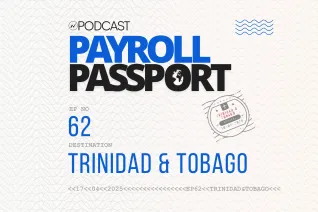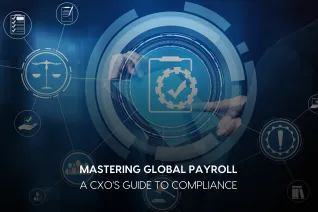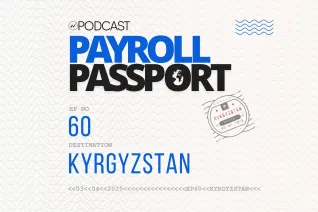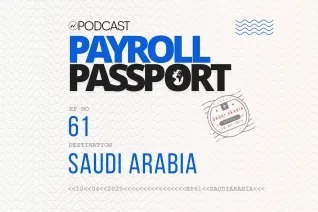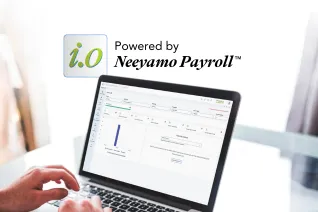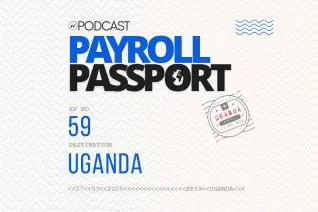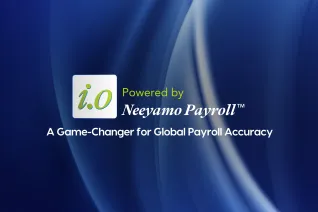Country Spotlight: Employer Of Record in Netherlands
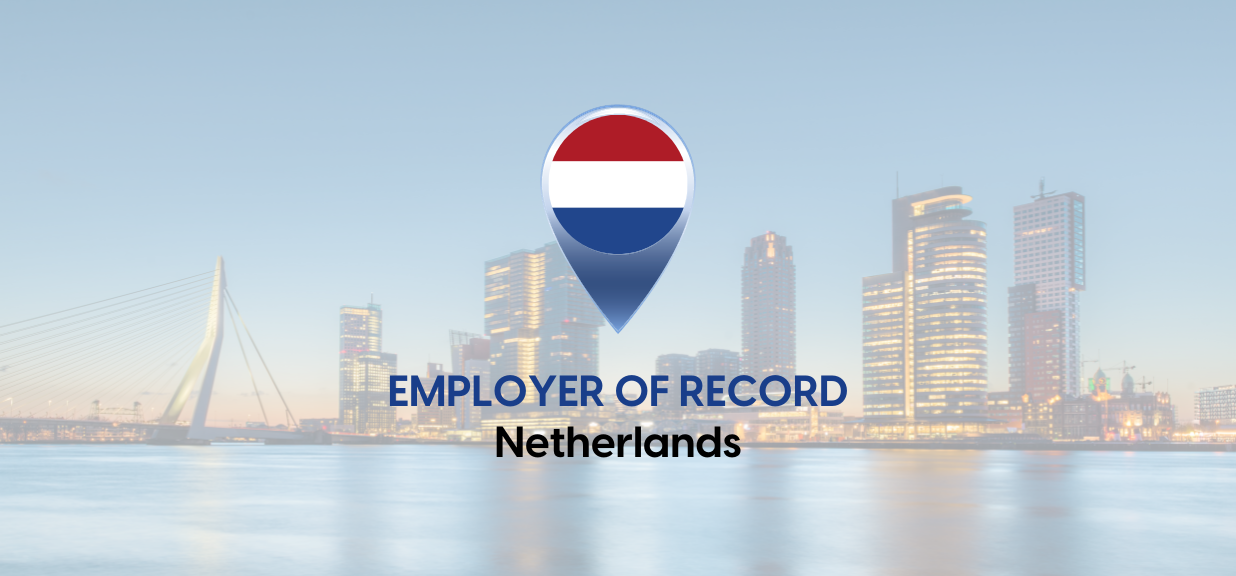
As the sun sets over the iconic canals and windmills that define the Dutch landscape, the Netherlands exudes an aura of timeless charm and innovation. These same qualities transcend into the country's unique employment landscape, making it an intriguing destination for businesses and job seekers alike.
The country entails interesting employment opportunities that go on to prove that it is not just paperwork but part of a precisely choreographed Dutch dance.
Employment Laws: Navigating the Canals of Regulation
The intricacies of employment laws in the Netherlands form a unique network, offering both employees and employers a structured and balanced framework for the world of work. Employment in the Netherlands operates through a three-fold system:
- Legislation: The legal bedrock of Dutch employment, it provides the essential framework that safeguards the rights of both workers and employers, ensuring fair and equitable treatment.
- Collective Bargaining Agreements (CBAs): These agreements bring a specialized twist to the mix. Industry-specific and crafted through discussions between employer organizations and labor unions, CBAs fine-tune aspects like wages and working conditions within particular sectors.
- Individual Employment Contracts: These documents add a personal touch. They set out the unique terms of employment for each worker, creating a tailor-made approach to the broader employment structure.
Together, these three elements create a comprehensive structure that defines the employment landscape in the Netherlands, ensuring fairness and balance for all parties involved.
Did you know?
In the Netherlands, Collective Labor Agreements (CAOs) are key documents that set industry-specific standards for wages, working hours, and benefits through negotiations between employers and trade unions.
Leave Policies: The Windmills of Rest
Similar to how the iconic windmills harness the energy of the wind, the Dutch have crafted their own unique spin on employee leave policies. They have successfully managed to strike a harmonious equilibrium between employers' requirements and their workforce's preferences regarding time away from the workplace.
Following are the approaches taken to ensure that every employee gets a fair share of relaxation and rejuvenation:
1. Vacation Leave:
The Netherlands is known for its commitment to work-life balance, and one of the ways it achieves this is through generous vacation leave policies. Dutch labor laws mandate a minimum of 20 vacation days per year for full-time employees.
2. Sick Leave:
In the Netherlands, workers are entitled to receive sick pay when they're unable to work due to illness. Employers typically continue to pay at least 70% of their employees' salaries during illness, offering financial security during challenging times.
Also Read - Country Spotlight: Payroll in the Netherlands
3. Maternity and Paternity Leave:
The Dutch government recognizes the importance of family life. New parents, regardless of their gender, can take advantage of parental leave to care for their newborns. Maternity leave can last up to 16 weeks, during which the mother receives full pay. Fathers are entitled to up to five days of paid paternity leave.
Termination Laws: Navigating the Dutch Dance of Farewells
In the Netherlands, terminating an employee's contract is like learning the steps of a unique Dutch dance – precise and structured. Here are the termination policies that guide this employment farewell:
1. Notice Periods:
Employers and employees alike must give notice before ending an employment relationship and the length varies depending on the duration of the employment. Specific notice periods are as follows:
| 1 month | For employees with a tenure of less than five years |
| 2 months | For employees with a tenure of five years or more but less than ten years |
| 3 months | For employees with a tenure of ten years or more but less than fifteen years |
| 4 months | For employees with a tenure of fifteen years or more |
2. Grounds for Termination and Dismissal Procedure:
When it's time to say goodbye, employers in the Netherlands must follow a defined dismissal procedure. This includes notifying the employee of the termination and gaining approval from either the Employee Insurance Agency (UWV) or the sub district court. Additionally, in some instances, an employer may need to provide a transition allowance.
Termination in the Netherlands is based on specific legal grounds, including:
- Economic Reasons: It can include financial difficulties, company restructuring, or bankruptcy.
- Long-term Illness: When an employee is incapacitated for an extended period.
- Inadequate Performance: If the employee consistently fails to meet their job requirements.
- Culpable Behavior: When an employee's actions breach the terms of their employment, such as theft or dishonesty.
- Mutual Agreement: Termination can occur through mutual consent between the employer and the employee.
In the dynamic realm of Dutch employment regulations, staying agile is imperative. This is where the Employer of Record (EOR) takes center stage for organizations without a local presence. EOR services are designed to streamline the onboarding and offboarding processes, simplify payroll, manage benefits, and, most importantly, provide a seamless experience for both parties.
With a strong focus on preserving the dignity and rights of all involved, Neeyamo's Employer of Record solution, Global Work, offers a solution tailored to meet the specific needs of your business. Whether you're embarking on a new venture in the Netherlands or bidding farewell to a chapter, Global Work ensures a smooth, hassle-free journey.
For more information on how Global Work can simplify your employment experience in the Netherlands, reach out to us here or write to irene.jones@neeyamo.com.
Latest Resources
Stay informed with latest updates
If you're curious and have a thirst for knowledge pertaining to the HR, payroll, and EOR universe, don't miss out on subscribing to our resources.




